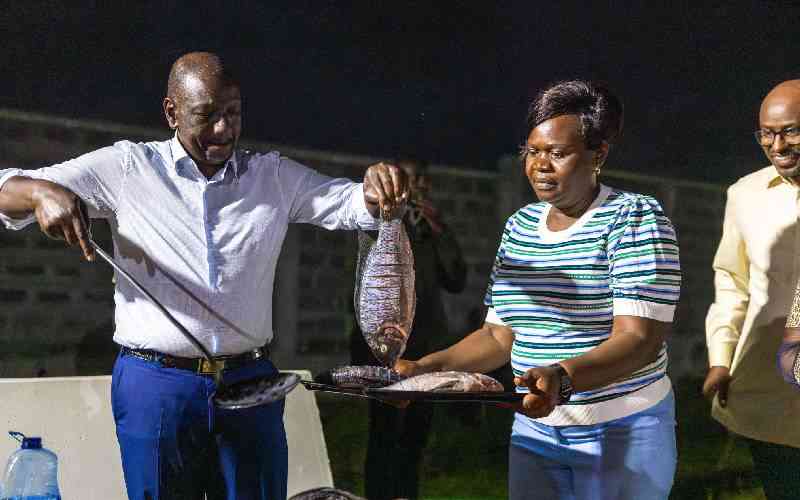You can be bitten. You can be hospitalized. But if it’s a snake that got you, don’t expect compensation.
That’s the painful lesson Abdikadir Kheir Subdow learned this week after the Garissa High Court overturned a Sh2 million compensation award previously granted to him.
In a ruling delivered by Justice John Nyambuto, the court found that snakes are not classified as compensable wildlife under Kenya’s current legal framework. The judge allowed an appeal by the Kenya Wildlife Service (KWS), which effectively nullified a lower court’s award for general damages Subdow had received after a venomous snake bit him in Wajir County last year.
“The respondent did not deserve any compensation, even though it was proven he was bitten by a snake—which does not fall into the category of wildlife that attracts compensation,” Justice Nyambuto ruled.
The case stems from an incident on April 24, 2023, when Subdow was bitten while at his parents’ home in the Makoror area of Wajir County. He sued KWS for negligence, citing its failure to manage snakes as a threat to public safety, and based his claim on Section 25 of the Wildlife Conservation and Management Act, 2013.
The trial court initially sided with Subdow, awarding him Sh2 million in damages plus interest and court costs in a ruling dated November 29, 2024. But the win was short-lived.
KWS appealed the decision, arguing that snakes are not among the ten species eligible for compensation under the Act, especially after amendments introduced by Legal Notice No. 221 of 2023.
Justice Nyambuto concurred, citing Part II of the Third Schedule of the Act, which lists only the following animals as eligible for compensation: elephant, lion, leopard, rhino, hyena, crocodile, cheetah, buffalo, hippo, and wild dog.
Although the court acknowledged the snake attack occurred, the judge emphasized that the law must be strictly interpreted.
“The amendment to the Act was enacted on December 31, 2022, months before the incident. Therefore, the respondent’s case was based on a misinterpretation of the law,” Justice Nyambuto noted.
The court further ruled that KWS cannot be held liable for failing to manage snake populations, as such responsibility is not explicitly mandated by law.
“It is my finding that the appeal is merited and succeeds. The decision of the lower court is set aside, and the respondent’s claim is dismissed,” concluded Justice Nyambuto.
The ruling leaves Subdow with no legal remedy despite suffering severe injuries. For many in rural Kenya, where snakebites are common and often fatal, the decision has ignited renewed debate over whether Kenya’s wildlife compensation laws are too narrow.
For now, the law remains clear: snakes may be deadly—but they’re not covered.
Stay informed. Subscribe to our newsletter

























